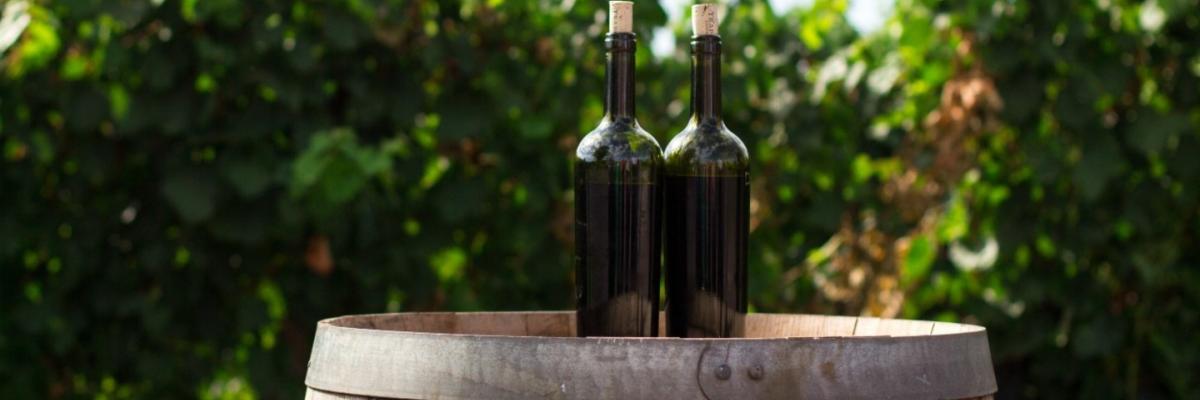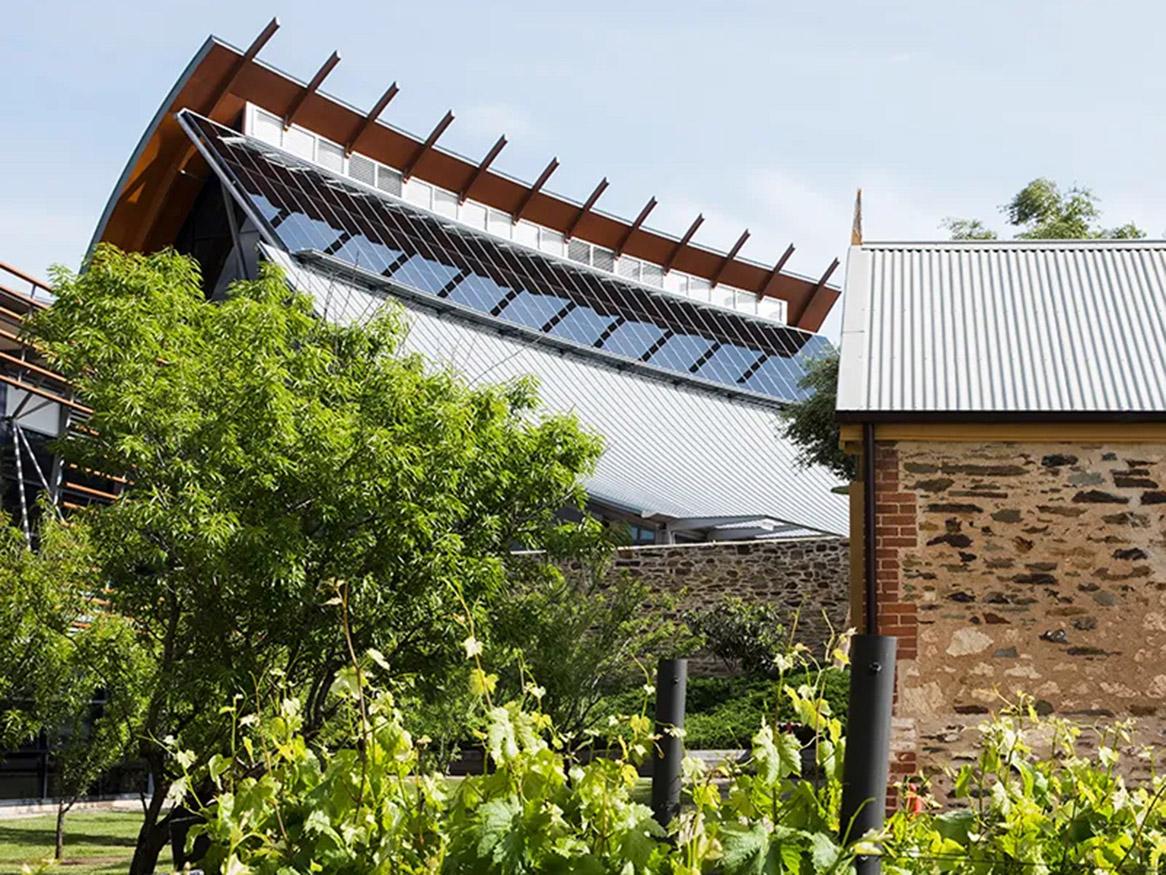Wine Business
Leveraging our unique location in the Southern Hemisphere, the University of Adelaide's Wine Business research aims to support the sustainable growth of the Australian and international wine industry.
World-class research is at the heart of our teaching and is driven by the needs of a unique and vibrant industry. As the world of wine continues to evolve, so too does our research.

Research strengths
Our wine business research strengths lie in 4 key areas to gain an understanding of how to engage customers (consumers and trade operators) online, and how to better manage the cellar door experience.
-
Packaging & labelling
Consumer acceptance of alternative packaging to reduce the carbon footprint of the wine industry.
The objective of research in this area can be on how to gain consumer and industry acceptance of alternatives to heavy glass packaging, especially for the majority of wines consumed within a year or so of purchase. The project should engage major retailers, manufacturers of market-ready alternate packaging formats, and large and small wine producers, to identify and test improved packaging formats from consumer acceptance and environmental performance perspectives
-
Wine retailing
The relationship between wine & health, and the importance of social licensing.
While several studies have been conducted on the perception of health warnings, the perceived healthiness of wine, and wine consumption patterns, there are still several areas within this topic requiring further research. For example, we do not know much about how different advertising campaigns – whether in terms of content, and or media type – can change consumption patterns. We do not know much about what the trade think about this topic. We do not know much about how the interaction between food and wine can have a positive physiological impact not only on human health but also possibly on mental health and well-being. Finally, and probably most importantly, we need to benchmark the results for wine with the results for other alcoholic beverages, if we hypothesise that wine is different from other alcoholic beverages. This research is essential to help the wine industry withstand the current anti-alcohol lobbying efforts.
-
Social media
-
Wine tourism
Narrative transportation, Wine tourism, Terroir and Branding.
Marketers use stories to communicate with consumers and to influence their perceptions and behaviour, an effect categorised as Narrative Transportation. A powerful story, unique to Australia, is the Aboriginal Narrative, a history that dates back at least 65,000 years. This is a narrative that speaks of the origins of country, a country that, as tourism regions, attracts visitors from around the globe. This research stream intends to investigate and demonstrate how the Aboriginal Narrative of a region, namely history, dreaming and food, impacts on tourist engagement and perception of that region, particularly in terms of origin effect, word of mouth and desire to visit and re-visit. Similarly, what is the impact of the winery’s story on consumer perceptions of the brand, product quality, intention to buy and repurchase? As the Narrative Transportation effect is understood relevant to Aboriginal history, the Tourism industry can actively develop and promote understanding of the Narrative that contributes to understanding and promoting Aboriginal Australia as well as benefitting tourism and regional operators. Understanding the Brand Narrative assists brands to more effectively market, increase revenue and grow the business.
Interested in postgraduate research with us?
We offer research opportunities at the master’s and PhD levels. Our higher-degree-by-research (HDR) programs are benchmarked with other Go8 universities, and all HDR students are supervised by experts in the field to ensure high-quality, internationally competitive research outcomes. If you’re interested in accounting, finance and banking, management, marketing and/or entrepreneurship, then consider furthering your research career with us.
Featured stories
Adelaide Business School to Host Global 2026 Academy of Wine Business Research Conference
The Adelaide Business School is proud to announce that it will host the 16th International Conference of the Academy of Wine Business Research (AWBR) from 3 - 6th February 2026.
Read more about Adelaide Business School to Host Global 2026 Academy of Wine Business Research ConferenceCurbing adolescents’ risky ‘drinking’ behavior with authenticity
Young people, aged 13–24, are especially vulnerable to risks associated with consuming alcohol.
Read more about Curbing adolescents’ risky ‘drinking’ behavior with authenticityWelcome to our new Marketing and Wine Business lecturers
Adelaide Business School is excited to officially welcome two new appointments, Irma Dupuis Day, Lecturer in Wine Business, and Dr Kate Sansome, Lecturer in Marketing.
Read more about Welcome to our new Marketing and Wine Business lecturers



How can we engage our wine consumers in the digital age?
The rise of the smartphone has led to an increase in the ease of which people can access information. But with this increase, comes an avalanche of new information from all angles, with consumers exposed to an abundance of marketing communication across multiple platforms, channels and devices, making capturing and engaging our wine consumers online a greater challenge. This dynamic landscape gives rise to a vast range of questions concerning digital marketing and technology; including: How can we understand, and harness the impact of social media influencers (e.g. Li Jiaqi who in 2019, in a live streaming promotion of Chinese New Year Products, sold 20,000 cases of Chinese state-owned winery Great Wall’s red wine “Beiwei 37” within 30 seconds. What should a firm’s strategy be regarding its relationship with influencers? What is the ideal digital advertising creative to engage, and how do we create the optimal digital ‘ad’ to engage wine customers? Research in this space also seeks to understand the practice of micro-targeting and personalisation valuable for brands as a digital strategy.